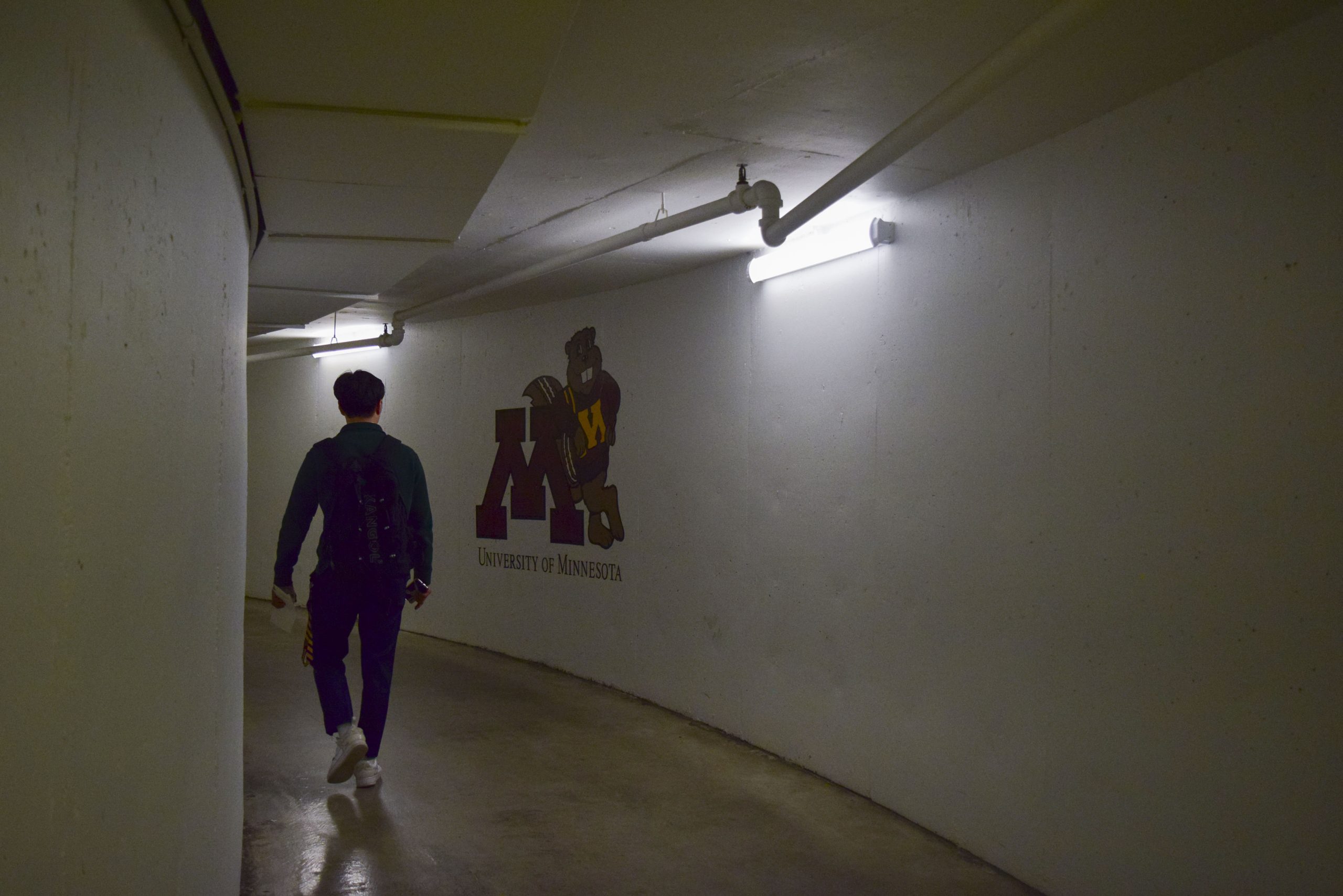As the 2014 election season nears its final stretch, some campaigns boast tens of thousands of followers on Twitter and Facebook.
One incumbent up for re-election, Sen. Al Franken, D-Minn., has more than 430,000 likes on Facebook alone.
While some political candidates have utilized social media resources to promote their causes, some student leaders say they don’t feel engaged by the content these campaigns generate.
The Minnesota Student Association’s communications director, Drew Coveyou, said he doesn’t think this season’s campaigns are using social media to its full potential. Instead of just regurgitating candidates’ policies online, he said, campaigns could use social media platforms to engage voters and interact with them.
“I think that for a lot of candidates, social media just becomes another place where they can push out their talking points,” Coveyou said.
Although the Franken campaign is active on social media, it isn’t focusing its efforts on any particular form of media, said Ryan Furlong, a campaign spokesperson.
The campaign’s social media efforts are just one way for Franken to communicate with Minnesotans, Furlong said, adding that campaign managers are trying to put the same message out in other ways, like over the phone, at doors, on television, on the radio and online.
Franken’s Republican challenger Mike McFadden’s campaign is also active on Facebook and Twitter, although campaign spokespeople did not respond to multiple requests for comment.
Lianna Matt, MSA’s digital assistant, said she hasn’t checked out McFadden and Franken’s social media outlets because she doesn’t view them as essential to her political awareness.
But Matt said she thinks social media platforms can give less politically active people easier access to a variety of viewpoints than conventional media, like newspapers and television.
The prominence of social media has grown exponentially in recent years.
About 30 million people actively used Twitter in 2010, while about 271 million do so in 2014, according to Statisa, a technology analytics firm.
Facebook has similarly grown, ballooning from 431 million to 1.3 billion active users over the same time period, according to Statista.
Franken’s campaign is also reaching out to voters through a YouTube video documenting Franken’s successful attempt at the Ice Bucket Challenge.
In the student government arena, MSA strives to use its social media presence to reach out to students and also to allow students to reach out to them with compliments or criticism, Coveyou said.
“A lot of organizations try to play it too safe, and they’re not approachable,” he said.















